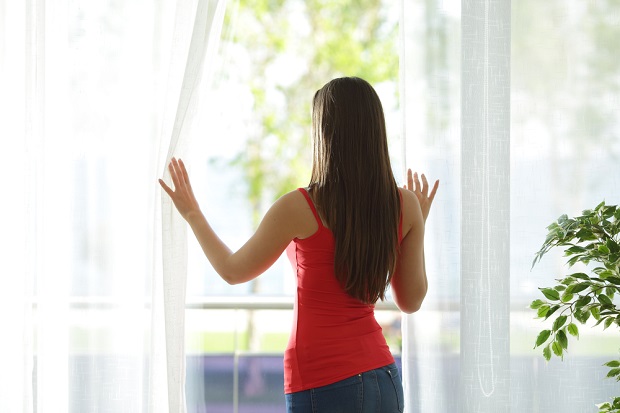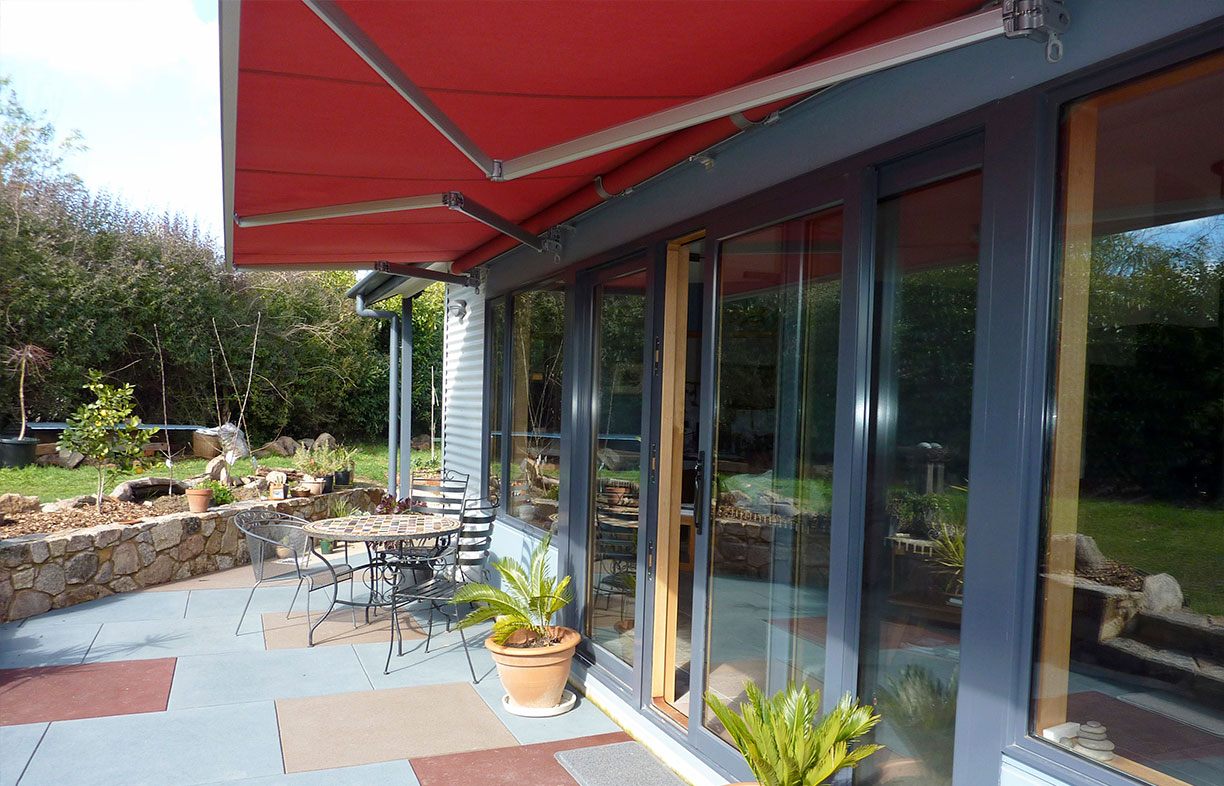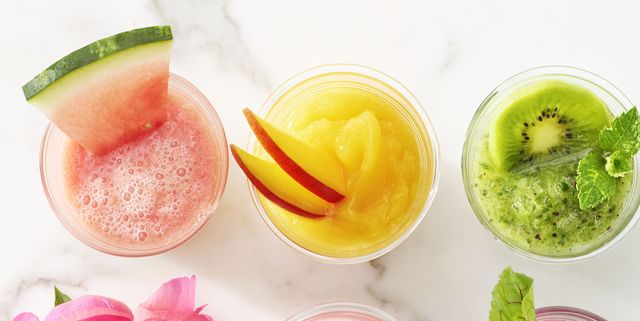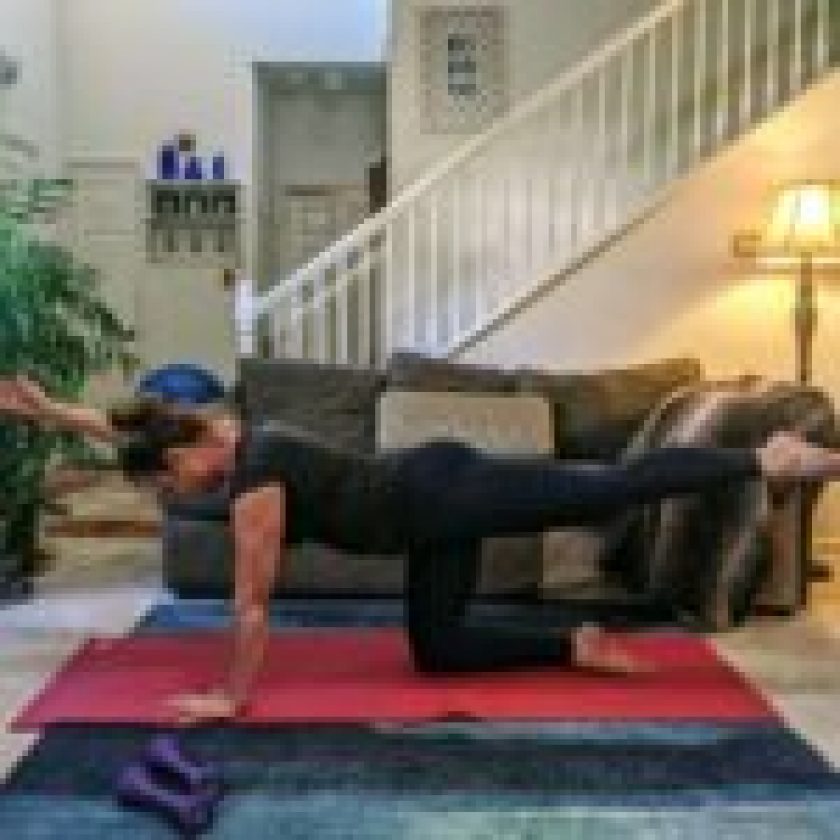An average of 658 individuals died per year from heat sickness between 1999 and 2009 in the United States. When it comes to preventing heat-related sickness and mortality, air-conditioning is the greatest option.
In the summer, it’s tempting to turn up the air conditioning or settle in front of a fan. But if your air conditioner is too frozen to use, or if you don’t have an air conditioner at all, you still have other options.
You’ll be surprised to learn that there are several methods to keep your house cool without using a lot of electricity. This will make you feel like a DIY master, too.
Try these tips to keep cool in the summer if you don’t have an air conditioner or can’t get into an indoor facility with air conditioning.
1.Keep Out Sunlight

source: mydecorative.com
According to the Department of Energy, ordinary double-pane windows trap around 76% of the sunlight’s energy as heat, raising your home’s temperature. Solar heat gain is the technical term for this phenomenon.
The window facing west and east allows the most heat to enter. Those facing north and south allow for a little amount of solar gain.
Because of this, there are several techniques to limit the amount of heat that enters your house from sunshine.
In this manner:
Close The Blinds or Curtains
Blinds with white-plastic backings may reduce heat gains by up to a third. But the effectiveness may differ depending on the material and color of the windows that are exposed to direct sunlight.
If your curtains aren’t already light, consider lining them with a light-coloured cloth to reflect the sun’s rays better.
Make Use of Awnings, Shutters, Or Shades

source: renew.org.au
In order to reduce solar heat intake, the DOE recommends outside shutters and shades.
The less protection from solar gain there is, the greater the apertures.
Insulated cellular shades are constructed of pleated fabrics that may be folded up, like an accordion, for a window’s interior. The solar gain may be reduced by as much as 80 percent.
An awning is installed to protect windows from the sun’s glare. A canopy is installed on a home’s façade, creating a roof-like shelter. On south-facing windows, awnings may decrease solar heat gain by up to 65 percent, while on west-facing windows, they can lower it by 77 percent.
2. Make Sure Fans, and Air Conditioner is Functioning Correctly
Because the energy used to power the fan is a heat source, it cannot be used to reduce the temperature of a whole room. On the other hand, fans may provide a “wind chill” effect, making you feel less hot.Essentially, a fan aids in the evaporation of perspiration from the skin, hence reducing body temperature.
If you’re looking for the most effective way to cool a place, a ceiling fan is your best option.
Ceiling fans cool individuals, not rooms, so are sure to switch them off after you’re done using them.
3. Apply A High-Reflectivity Coating on The Windows

source: aisglass.com
Because they are semi-transparent, window films are a good option for windows that would be difficult or expensive to treat otherwise.
Adhesive, polyester film and a scratch-resistant coating are the three layers that generally make up these products.
Most inexpensive window-tinting coatings minimize heat transfer by 5 to 10°C.
A professional installation is an option, but you may also buy the supplies to do it yourself at home improvement shops.
4. Be Sure to Stay Hydrated
One of the greatest ways to avoid heat-related sickness is drinking enough water. When it’s hot outside, your body needs water to keep cool.
Sweating is a sign that you’re becoming too hot. Skin cools down due to perspiration evaporation, which cools down the whole body.
Dehydration may occur as a result of excessive perspiration. As a result, it’s critical to be hydrated at all times rather than waiting until you experience the effects of dehydration.
You should drink significantly more water if you are exercising since sweating depletes your body’s fluids.
5. Avoid Alcoholic Beverages and Eat Chilly Meals

source: hearstapps.com
For a refreshing drink or dish, here are five suggestions from nutritionists:
Salads
Consuming a lot of water-rich vegetables might help you stay cool.
As an example, lettuce has 95 percent water, and cucumber contains 96 percent.
Salads don’t even need to be prepared ahead of time. If you can avoid using your oven for cooking, the CDC recommends that you do so since it may increase the temperature in your home and make you and your family more ill.
Watermelon
You can’t go wrong with this summertime favorite when it comes to watermelon. Vitamins C and A and antioxidants are found in the pink flesh, which also helps protect you from the sun.
When you’re out in the heat, your body loses a lot of electrolytes via perspiration.
Mint
It’s easy to cultivate fresh mint in the backyard. Any drink or snack will taste better with it in it, and it has no calories.
Cayenne and Other Spicy Peppers
Zucchini is an excellent method to cool down. When it comes to coping with the heat in the sun, eating anything that will cause you to sweat is the best strategy.
Avoid Alcoholic Beverages

source: ourmomentoftruth.com
Drinking too much alcohol in the summer may seem like the perfect solution for a sweltering evening, but your body can dehydrate if you consume too much.
Frozen berries may be added to sparkling water to spice things up.
Key Takeaway
While these suggestions might help you remain cool, the heat can sometimes be oppressive even with the air conditioning running. It’s possible that you might suffer from heat exhaustion, which, if ignored, could escalate into heatstroke and result in organ damage or death if you don’t take action quickly enough.
People under the age of four and those over 65 are more vulnerable to heat-related sickness when temperatures are high. So it’s important to keep an eye on them.




